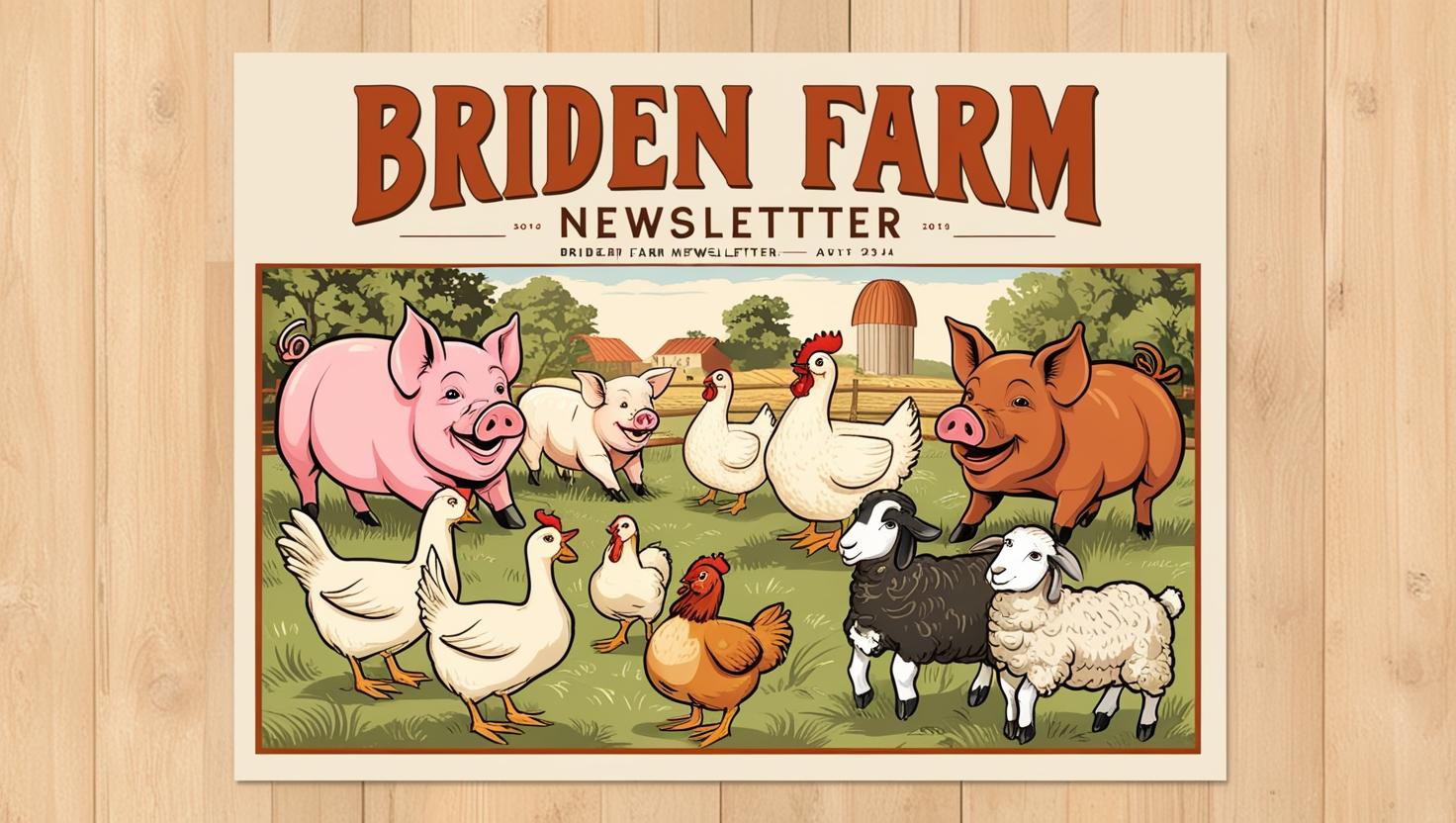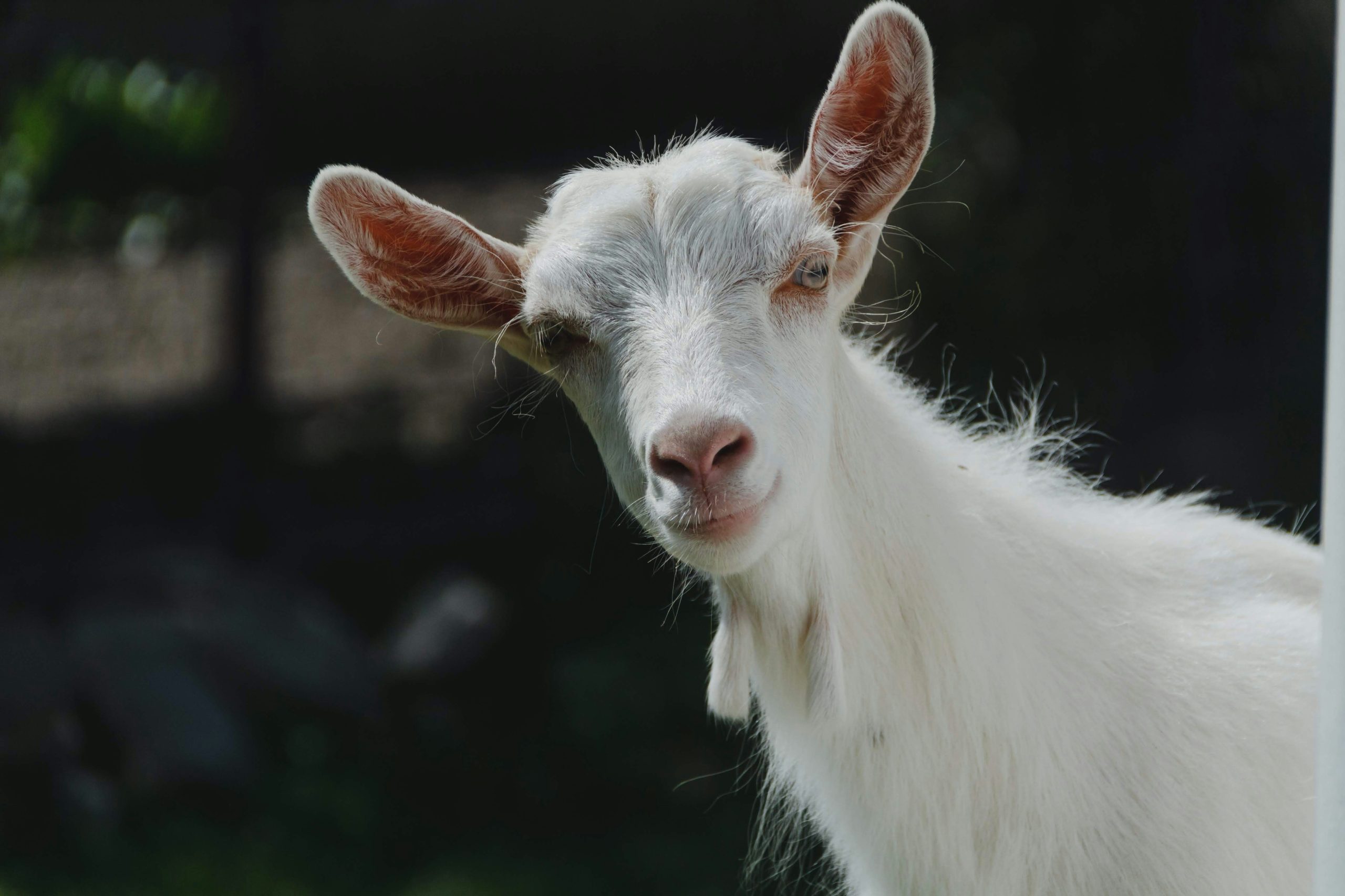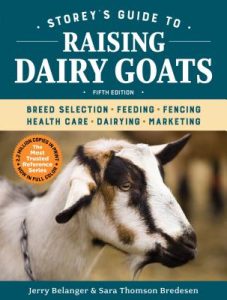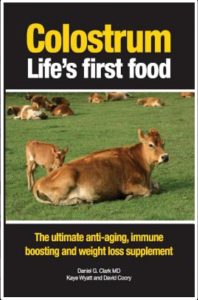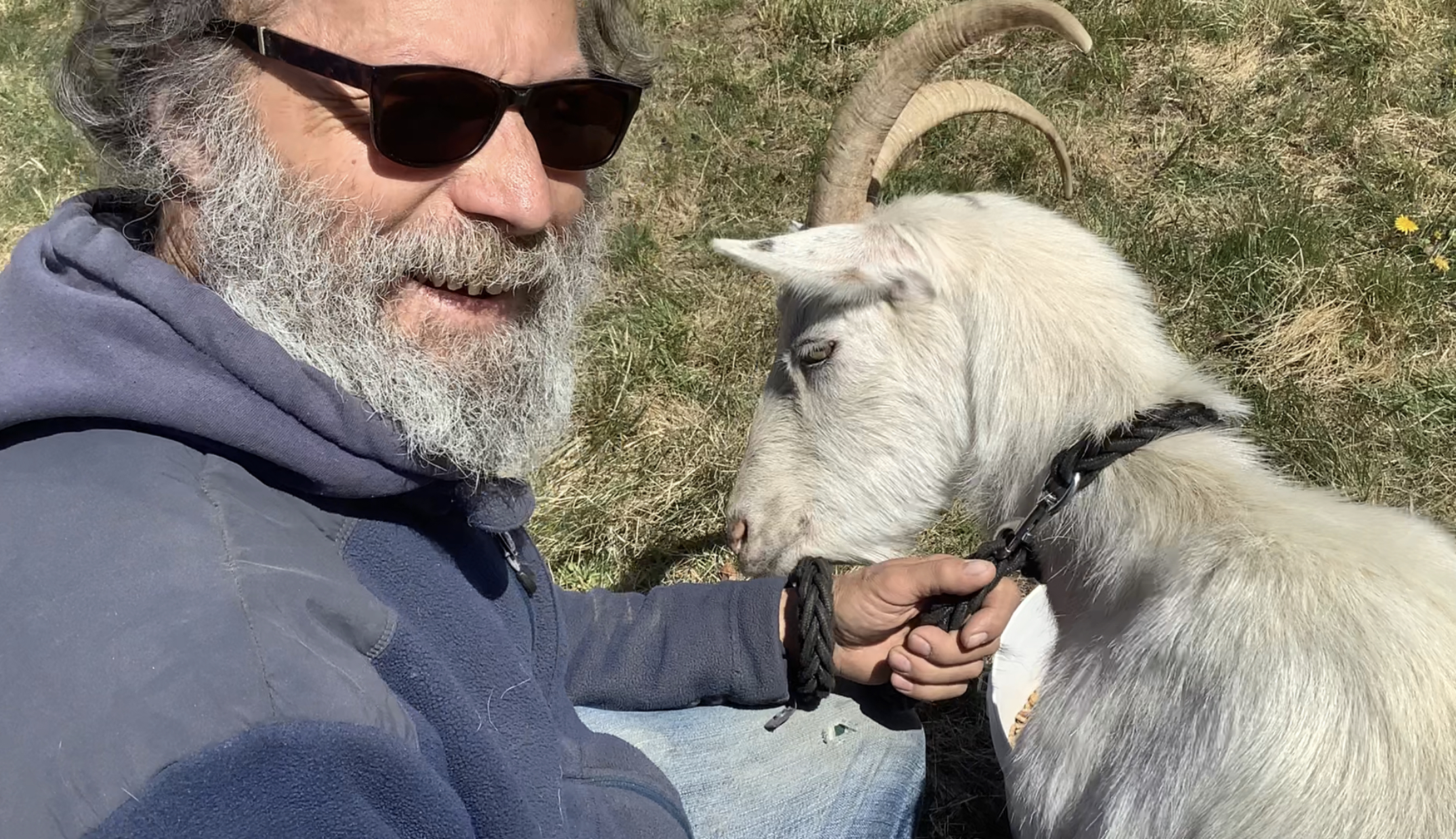
Colostrum, the first milk produced by the mother after giving birth, is essential for the survival and health of newborn ruminants such as calves, lambs, and kids. It differs significantly from regular milk due to its high concentration of nutrients, antibodies, and other bioactive compounds. Here’s why colostrum is crucial:
1. Passive Immunity Transfer
Newborn ruminants are born without a fully functional immune system and lack maternal antibodies. Colostrum provides immunoglobulins (primarily IgG), which offer passive immunity against pathogens present in the environment. This immunity protects the young animal until its own immune system matures and begins producing its own antibodies.
2. Rich Nutritional Content
Colostrum contains higher levels of proteins, fats, vitamins (A, D, and E), and minerals compared to regular milk. These nutrients are vital for energy, growth, and the development of critical organs, particularly the gastrointestinal system.
3. Gut Health and Development
The bioactive compounds in colostrum, such as growth factors, help in the development of the gastrointestinal tract. These compounds stimulate cell growth, repair intestinal tissues, and enhance nutrient absorption.
4. Disease Prevention
The antibodies and antimicrobial factors in colostrum, such as lactoferrin and lysozymes, protect newborns from bacterial, viral, and fungal infections. This is especially important in the early days when the animal is highly vulnerable to diseases.
5. Energy Supply
Newborn ruminants have low energy reserves at birth. Colostrum provides a concentrated source of energy, particularly from fats, which is crucial for thermoregulation and physical activity in the first hours of life.
6. Timing is Critical
The ability of the newborn’s intestine to absorb immunoglobulins decreases rapidly after birth, with the most efficient absorption occurring within the first 6-12 hours. By 24 hours, the gut closure process significantly reduces the uptake of these antibodies. Therefore, ensuring the newborn consumes sufficient colostrum as soon as possible is critical.
7. Quality and Quantity
• Quality: High-quality colostrum has a high concentration of immunoglobulins and is free from contamination. Testing tools like a colostrometer or Brix refractometer can help assess colostrum quality.
• Quantity: The general guideline is that newborns should consume about 10% of their body weight in colostrum within the first 12 hours of life.
Conclusion
Colostrum is more than just the first milk; it is a lifeline for newborn ruminants. Proper management of colostrum feeding—focusing on quality, quantity, and timing—is essential for ensuring the health, survival, and long-term productivity of young ruminants. Livestock producers must prioritize colostrum management to maximize the benefits for their herds or flocks.
Recommended Reading from the Brian Hurlburt Bookshop:
